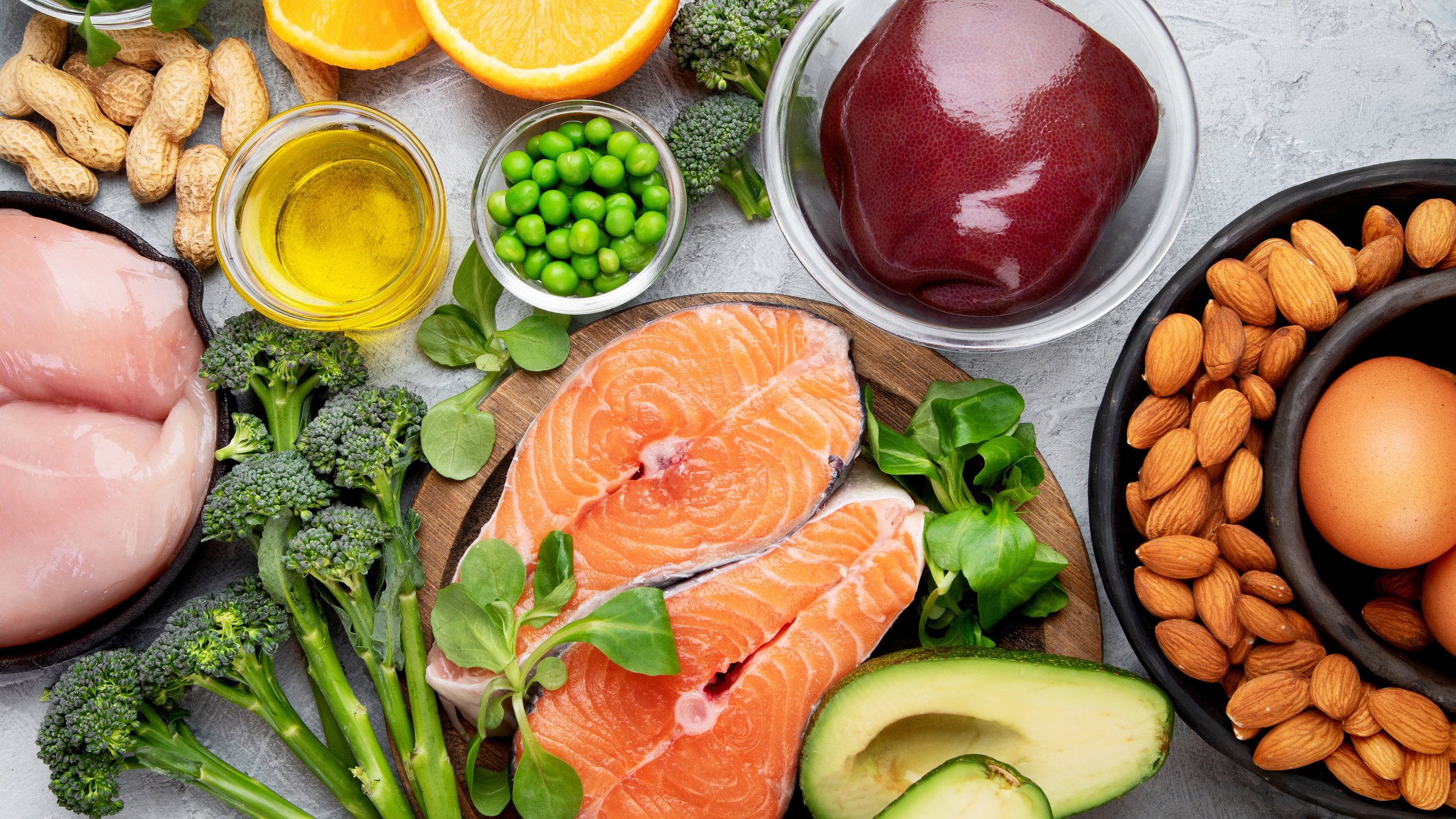CoQ10 benefits, foods, and new supplement technology
You may have heard CoQ10 by many names recently as it’s become a popular wellness topic due to its important impact on our health. Other names include coenzyme Q10, vitamin Q10, ubiquinone, and simply “Q10.”
But this nutrient is not new to the human body as it’s always been present. Discovered at Purdue University in 1957 by Frederick Crane, CoQ10 is a naturally occurring substance found in nearly every human cell.
Four years later in Edinburgh, Peter Mitchell figured out the nutrient’s integral body function. Since then, the mechanism Mitchell discovered has been used to propel CoQ10 supplements including optimal delivery methods so our bodies can better absorb this key nutrient.
What is CoQ10 (coenzyme Q10)?
Your body has naturally occurring forms of CoQ10 with the highest concentration in the heart, liver, kidneys, and pancreas. It is both a nutrient and an antioxidant that plays a crucial role in keeping cells healthy.
The main function is to help convert food into energy. It does this by working in mitochondria to make energy as well as DNA replication and repair. This is paramount for cell survival as it helps them fight diseases such as cancer.
CoQ10 also serves as an antioxidant that helps remove free radicals to prevent them from damaging cells. Free radicals are primarily used in cell communication but too many can cause DNA damage. CoQ10’s assistance in free radical neutralization assists in removing the excess. This helps keep cells healthy which in turn improves the health of the larger organs they compose.
CoQ10 benefits for your health
As a nutrient and antioxidant that helps with our bodies’ routine growth and maintenance, CoQ10 is critical to staying healthy and fighting illness.
Lower levels of CoQ10 have been observed in those affected by certain conditions such as heart disease or cancer.
Growing initial evidence shows that CoQ10 may help in the remediation of:
Diabetes
Migraine frequency
Parkinson’s disease
Statin-induced myopathy
Physical performance and overall energy production
Heart conditions - including congestive heart failure symptoms, high blood pressure, and bypass/valve surgery recovery
As CoQ10 has been shown to be important in human cell maintenance and repair, it continues to be researched by the medical community to see what other conditions it may help alleviate.
CoQ10 foods for dietary sources
As with most of the vital things our body needs, CoQ10 can be increased through diet. Keep in mind that different foods contain varying levels of CoQ10:
Animal organs - As in our own bodies, the highest concentration of CoQ10 is found in the vital organs of animals. If dietary restrictions do not prevent you from eating meat, these are some of the most concentrated food sources: beef heart (11.3 milligrams), beef liver (3.9 mg), chicken heart (9.2 mg), and chicken liver (11.6 mg).
Fish - Especially those high in fat: Mackerel (6.75 milligrams per 100 grams), trout (0.85 milligrams per 100 grams), and sardines.
Animal meat - Since CoQ10 is also present in nearly all animal cells even outside of organs, the following meats are also sources: beef (3.1 milligrams per 100 grams), chicken (1.4 mg per 100g), and pork (2.4mg per 100g).
Soybeans - Vegetarian-friendly and in many forms, soy can be a good plant-based source of CoQ10, protein, and other vitamins and minerals: Boiled soybeans (1.2 milligrams per 100 grams), tofu (0.3 mg per 100g), and soy milk (0.25 mg per 100g).
Broccoli - This healthy green with many other nutrients also has 0.6 to 0.86 milligrams CoQ10 per 100 grams. Many vegetables contain CoQ10 but broccoli seems to have the highest concentration.
CoQ10 supplements for convenience
One of the best ways to ensure you’re getting a consistent and reliable amount of CoQ10 to strive for optimal health is by regularly taking a dietary supplement. They are easy to take daily even when you’re traveling or not able to eat high-density CoQ10 foods.
Get the best with fish oil supplements
Fish oil supplements are one of the greatest ways to ensure you get the often recommended omega-3 and CoQ10 at the same time. It’s a quick way to get the benefits of omegas found in fish oils as well as the cell maintenance benefits of CoQ10.
Try new, more effective supplement technology
You already know the essential role of omega-3s in cardiovascular and cognitive health maintenance. But do you know that eating fish and taking many types of omega-3 fish oil supplements will often not get you to the recommended levels?
MaxSimil® fish oil supplements use novel lipid absorption technology to offer your body more bioavailable nutrients so you may meet your intake goals:
Get more omega-3s faster and better absorbed
Studies show that MaxSimil fish oil has a 3x higher absorption compared to regular fish oils. MaxSimil breaks these fatty acid lipids down to the monoglyceride level to assist in better absorption by mucosal cells.Take smaller and fewer softgels per day
MaxSimil requires a smaller dose for the same delivery of EPA+DHA when compared to ethyl ester (EE) or triglycerides (TG) esterified forms of omega-3 fatty acids.
MaxSimil softgels contain enzymes that mimic the human digestive system so your body may absorb omega-3s and other nutrients more effectively.
See how MaxSimil can improve your CoQ10 supplement experience







